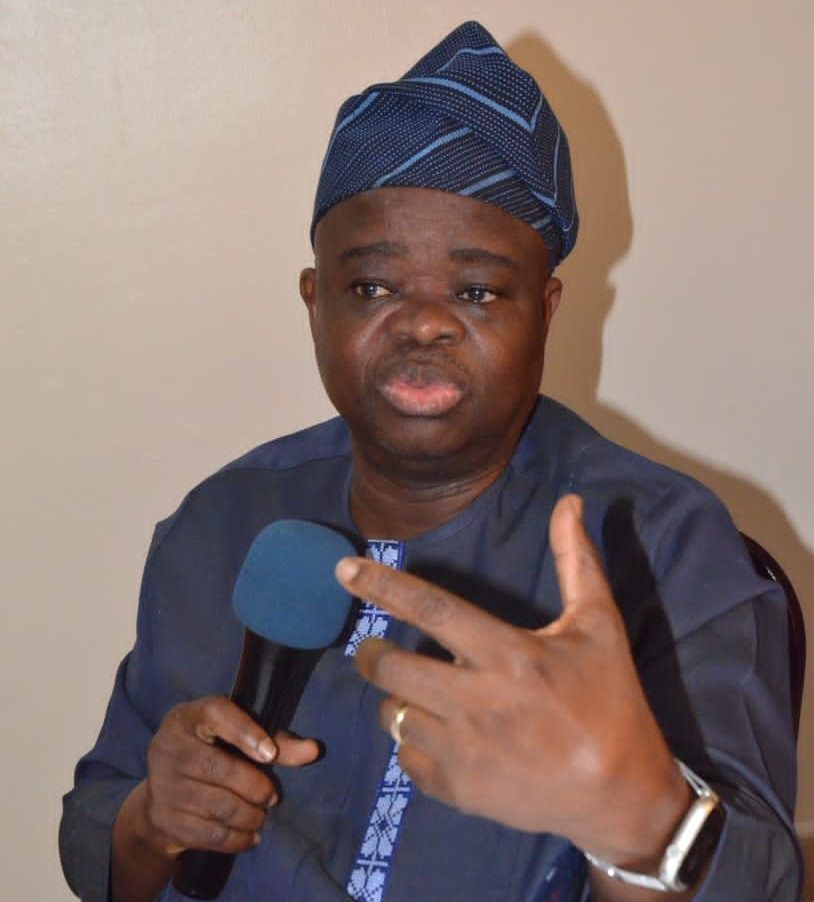The use of research in the fight against corruption has once again been brought to the fore at the validation meeting of the Nigeria Corruption Index (NCI) report, organized by the Anti-Corruption Academy of Nigeria (ACAN), the research and training arm of the Independent Corrupt Practices and Other Related Offences Commission (ICPC) today at Reiz Continental Hotel, Abuja.
Speaking at the meeting, the Secretary to ICPC, Mr. Clifford O. Oparaodu, explained that the NCI is aimed at helping understand and fight grand corruption in the country by measuring the experience of it.
“The NCI aims to … measure the rate of grand corruption in Nigeria and to recommend possible strategies for curbing the menace, through the collection and analysis of experiential data,” he stated.
The Secretary, who was represented by Director, Legal Services Department, Mr. Henry Emore, noted that the validation meeting was a crucial step in finalizing the NCI report.
Earlier, in his welcome remarks, the Provost of ACAN, Prof. Olatunde Babawale, stated that research was one of the globally recognized approaches to combating corruption to provide a basis for designing and implementing anti-corruption initiatives, and also measuring the success and impact of anti-corruption policies and actions.
Comparing the NCI with the survey conducted by the National Bureau of Statistics (NBS) and UNODC, the Provost observed that the NCI focuses on grand corruption, while the NBS/UNODC survey focuses on petty corruption, but observed that both surveys were experiential, not perception based.
Prof. Babawale went on to explain that perception-based studies such as the corruption perception index of Transparency International, although good for advocacy, are not very effective in providing actionable information for people or institutions who will make or implement anti-corruption policies in Nigeria.
The survey collected experiential data on corruption in the executive, legislative, justice and private sectors at the Federal, State and Local Government levels and is aimed amongst others, at providing empirically grounded insight into grand corruption and its drivers, identify specific sectors, institutions and activities that are contributing to grand corruption in Nigeria, determine the extent to which each corrupt practice in each sector contributes to the overall levels of corruption in Nigeria, and provide a basis for assessing whether anti-corruption interventions have worked.
The validation meeting was attended by representatives of the NBS, Nigerian Association of Chambers of Commerce, Industry, Mines and Agriculture (NACCIMA), Nigeria Labour Congress (NLC), academics, civil society organizations as well as members of the NCI Advisory Committee.


